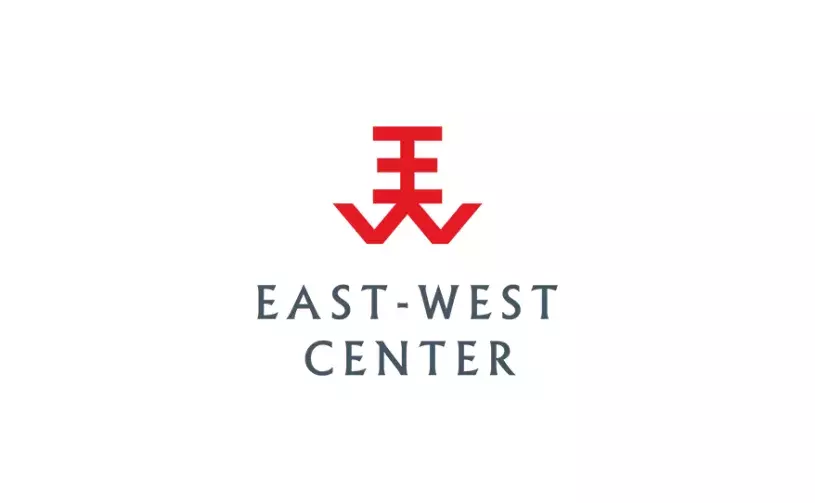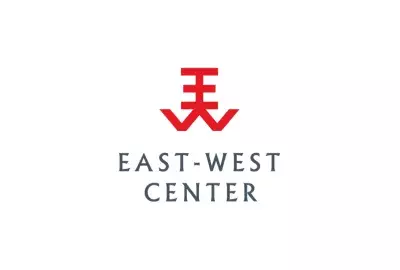Error message

A considerable body of economic literature shows the adverse economic impacts of oil-price shocks for the developed economies. However, there has been a lack of empirical study of this kind on China and other developing countries. This paper attempts to fill this gap by answering how and to what extent oil-price shocks impact China's economy, emphasizing on the price transmission mechanisms. To that end, we develop a structural vector auto-regressive model. Our results show that an oil-price increase negatively affects output and investment, but positively affects inflation rate and interest rate. However, with the differentiated price control policies for materials and intermediates on the one hand and final products on the other hand in China, the impact on real economy, represented by real output and real investment, lasts much longer than that to price/monetary variables. Our decomposition results also show that the short-term impact, namely output decrease induced by the cut of capacity-utilization rate, is greater in the first one to two years, but the portion of the long-term impact, defined as the impact realized through an investment change, increases steadily and exceeds that of short-term impact at the end of the second year. Afterwards, the long-term impact dominates, and maintains for quite some time.
A considerable body of economic literature shows the adverse economic impacts of oil-price shocks for the developed economies. However, there has been a lack of empirical study of this kind on China and other developing countries. This paper attempts to fill this gap by answering how and to what extent oil-price shocks impact China's economy, emphasizing on the price transmission mechanisms. To that end, we develop a structural vector auto-regressive model. Our results show that an oil-price increase negatively affects output and investment, but positively affects inflation rate and interest rate. However, with the differentiated price control policies for materials and intermediates on the one hand and final products on the other hand in China, the impact on real economy, represented by real output and real investment, lasts much longer than that to price/monetary variables. Our decomposition results also show that the short-term impact, namely output decrease induced by the cut of capacity-utilization rate, is greater in the first one to two years, but the portion of the long-term impact, defined as the impact realized through an investment change, increases steadily and exceeds that of short-term impact at the end of the second year. Afterwards, the long-term impact dominates, and maintains for quite some time.





